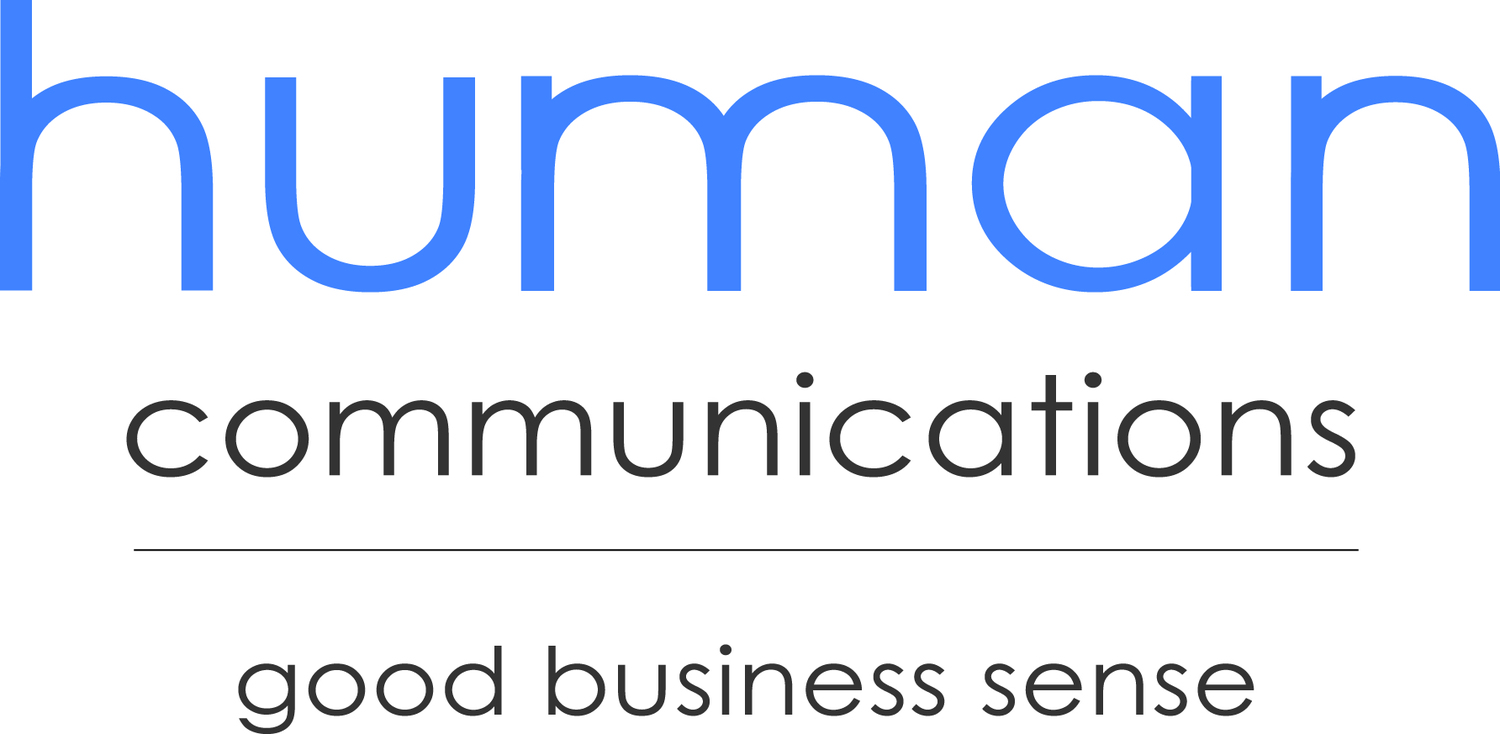New Zealand Names its Plain English Heroes and Villains
Nobody likes being ripped off, ignored or left literally powerless by their electricity provider.
But there’s good news for New Zealanders with energy disputes – they’re unlikely to be left in the dark by their dispute resolution service.
That’s because the body, Utilities Disputes, was recently bestowed with the highest honour at the country’s 2017 Plain English Awards. The judges noted that the organisation “has deliberately embedded plain English into the core of its organisation culture”.
The awards are handed out each year by the WriteMark Plain English Awards Trust, a non-profit organisation dedicated to bringing clearer language to the wider public.
After 12 years of awards, the organisers claim that New Zealanders are starting to reap the benefits of business and government using clear communication to engage them.
“Think of people caught in an emergency getting fast help from their insurer through an easy-to-complete claim form. Or patients experiencing less stress because they can easily understand their treatment. Or investors being able to understand their investment options from reading a clear investment statement,” said Gregory Fortuin, chair of the WriteMark Plain English Awards Trust.
“Communications written in plain English really can improve the lives of everyday Kiwis.”
Best plain English documents recognised
Other winners included Tower Insurance, which claimed the private sector’s Best Plain English Document prize for a document explaining how to insure a home, and Z Energy, which won the Best Plain English Annual Report prize for its 2017 report Solving what matters for a moving world.
Wellington City Council won the ‘People’s Choice’ Best Communication award for its Our Wellington magazine, a publication hailed for its “vibrant design, clear statement headings, friendly language, and good variety”.
However, not all of the award winners were recognised for the clarity of their writing. New Zealand’s Inland Revenue department was awarded a ‘Brainstrain’ prize for the poor use of language in its direct debit conditions document.
“This is supposedly an explanation of the conditions under which Inland Revenue has authority to accept direct debits — we think!”, said the judges.
And, perhaps adding insult to injury, the offending message was sent from a do-not-reply email address, leaving recipients with no one to contact to request an explanation.




